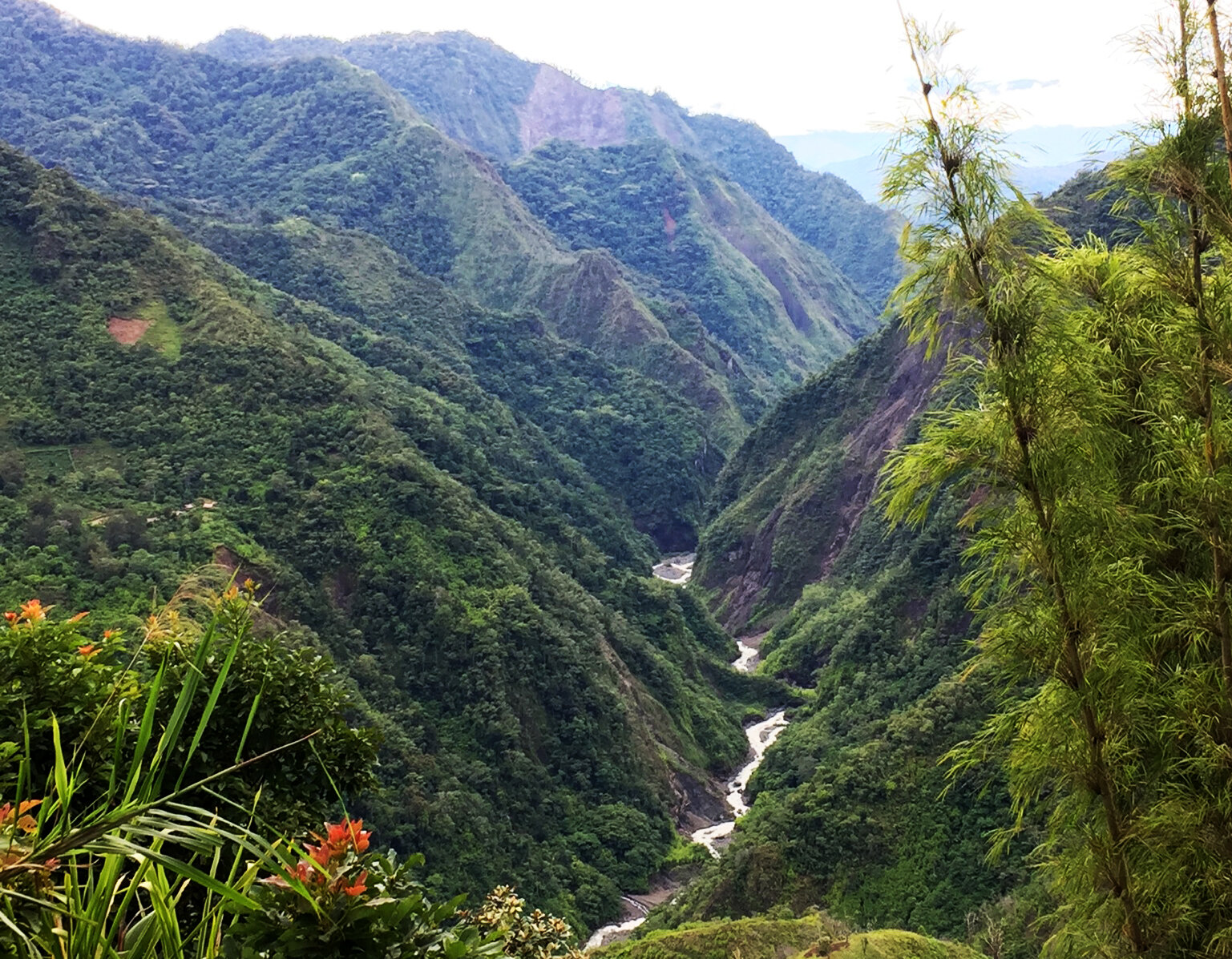
Nahu leaders asked Wood Butter to gather and send books for a library at the Gumose Primary School. With your help, we collected 3,556 books. After one trans-pacific sea freight shipment, one United States truck shipment, one Papua New Guinea truck shipment, three chartered planes, and help from many hands along the way, the Gumose Primary School has its library.
Wood Butter has more work to do. But for now, we simply thank you for completing the Library Project with us!
Explore this website to learn more about the Library Project, Wood Butter, and the Nahu Community.
Watch the Journey of a Book.
Classroom at Gumose Primary School
Gumose Primary School
Prior to 1992, the Nahu established elementary schools in Sewe, Dana, Moro, and Gumbarami villages, where students begin to learn the basics: reading, writing, and math. At this stage, students learn to read and write in their mother tongue, Iyo, and are later introduced to English.
Around 1992, the Nahu established Gumose Primary School (GPS) in Gumbarami. The graduates from each village’s elementary school (K-2) advance and hike every morning to GPS. Currently, over 150 students attend grades three through eight at GPS. Students learn to read, write, and speak English at GPS, which is the language that facilitates access to more education and jobs in PNG.
Despite its remote and low-resourced condition, GPS is among the top 10 primary schools in its region. GPS graduates are teachers, nurses, college graduates, engineers, and more. Three GPS graduates have returned to GPS as full-time teachers. The GPS Head Master is from Gumbarami.

Gumose Community Library
In 2019, GPS built a library. The library’s purpose is simple: give students more opportunities to read and get excited about reading.
Access to reading materials at GPS is limited. The school’s curriculum is built around workbooks. There are few educational books in PNG, much less at GPS. There is no electricity or internet at GPS. You need to know English to receive secondary (9-12) or advanced educations (trade school or college). English facilitates access to jobs. So, students crave books in English, and are eager to learn more about the world around them.
Inspiration.
Literacy.
Environment.
Access to Education
Nahu leaders want books that inspire students to read, support English literacy, and provide students with more information about their natural and social environment. For now, they’ve prioritized the following types of books:
Children’s Books
Fiction/Novels (for children and young adults)
Graded Readers (for English as a Second Language)
Reference Books (Dictionaries and Encyclopedias)
Books and Magazines about the Natural Sciences
This is a starting point. The types of books and resources made available at the library will grow when we meet these priorities.
The Nahu people control what books go in the library. Wood Butter will only send the types of books requested. When a shipment arrives, the Head Master (who is from Gumbarami) will consult with Nahu leaders and determine which books will be available in the library.
Self-Determination

Make a donation.
You can help: make a tax-deductible donation for shipping and infrastructure.
Donate for Shipping and Logistics
Your tax-deductible donations will enable us to coordinate shipments into Papua New Guinea and then deliver books straight to the school.
In Papua New Guinea, educational books are hard to find. Also, Gumose Primary School is remote. There is no road into the mountains. You can only access the school by foot or bush plane.



